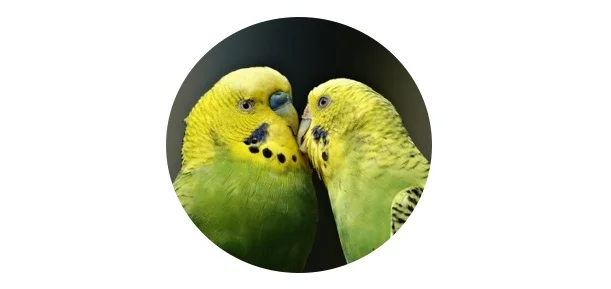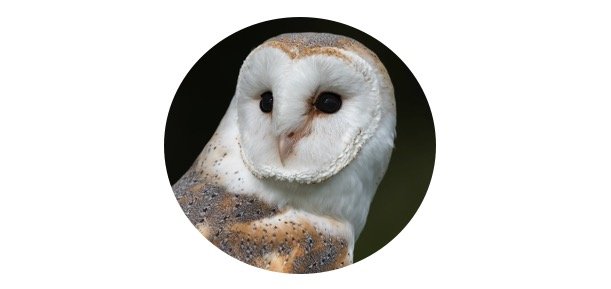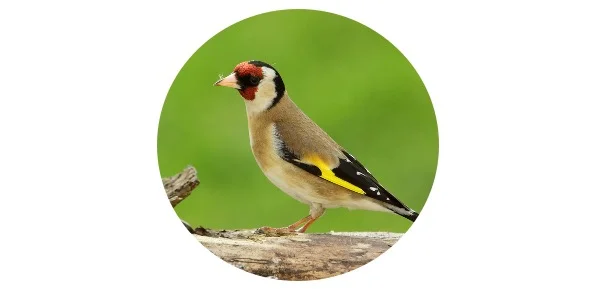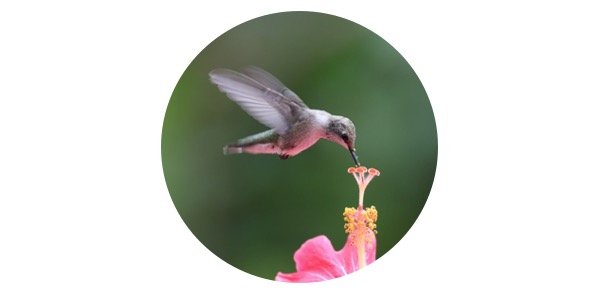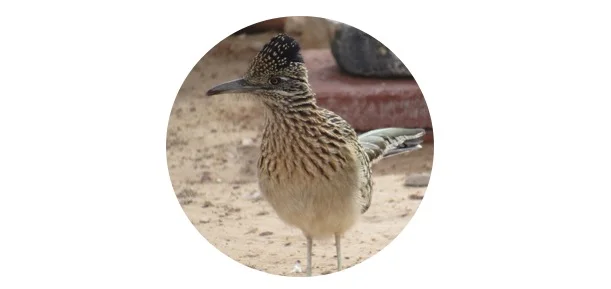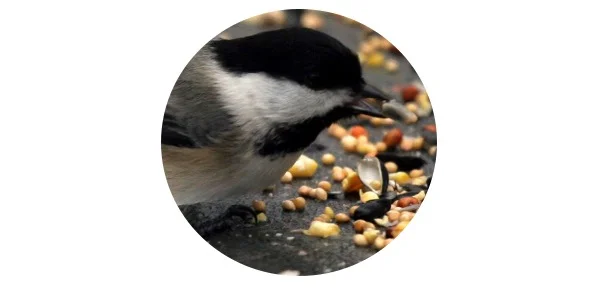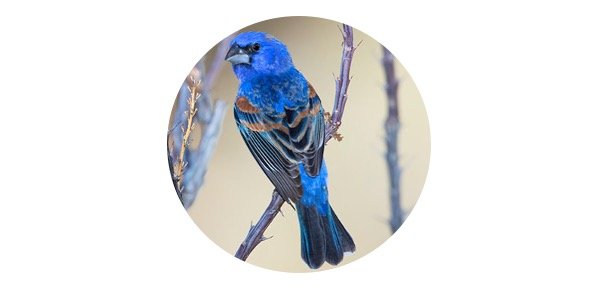Canker in Pigeons: Symptoms and Treatment
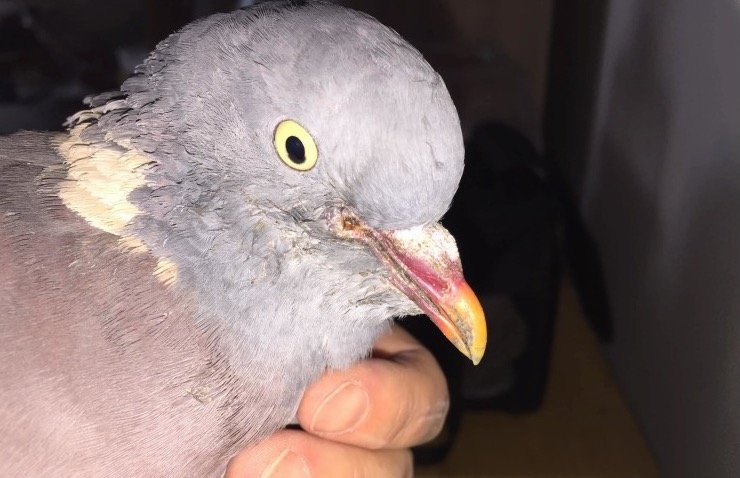
Table of Contents
One of the most common diseases that affect pigeons, is Canker which is also known as trichomoniasis. This disease also affects other poultry species like chickens.
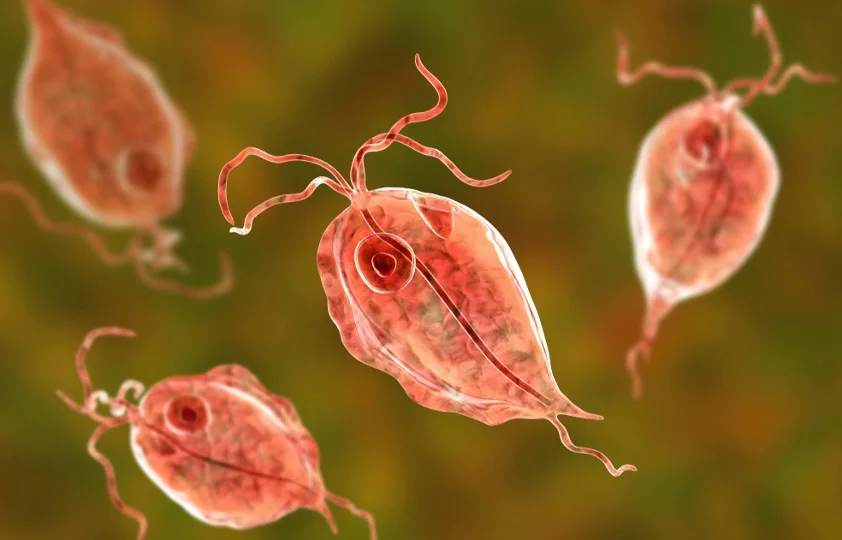
What is a Canker in Pigeons?
Canker is a protozoan disease caused by Trichomonas, and pigeons are infected by the species, called Trichomonas columbae.
The pathogen can be spread by the frequent use of the same food and water dishes. The pathogen is left in the dishes by carrier pigeons which are then picked up by healthy birds and are transmitted to the other birds accordingly.
Interestingly, some pigeons show a genetic predisposition for canker resistivity which is transmitted genetically. If a male pigeon is not treated in time can become infertile due to this disease.
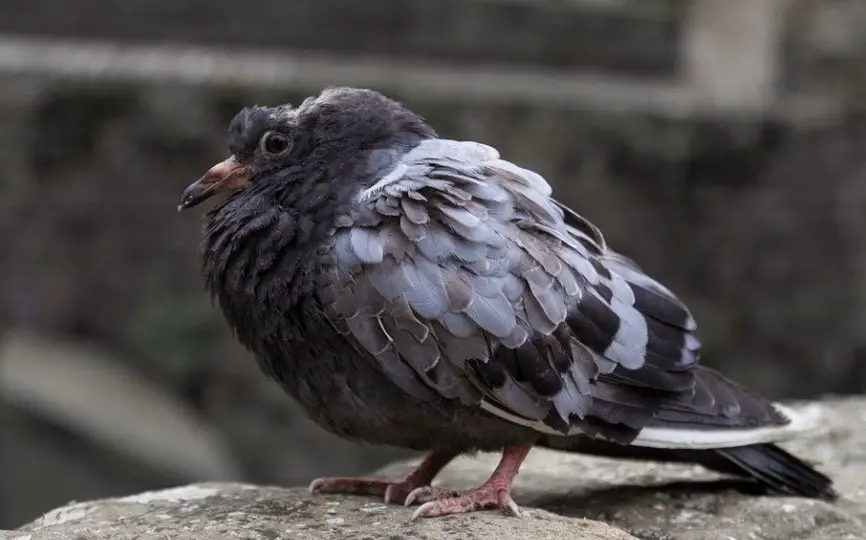
Symptoms of Canker in Pigeons
The canker disease has three different forms
- It may affect the birds’ pharynx
- It may affect organs, particularly the liver
- It can be transmitted to a young bird through an infected nest box termed as umbilical canker.
Depending on different forms they can show various symptoms.
- Apathy
- Ruffled plumage
- Repeated swallowing attempts
- Vomiting
- Difficulty in breathing
- Mucus inside the bird’s throat
- A yellow colouring of the beak and throat
- Weight loss
- An increase in the water intake
- A reluctance to fly
The mortality rate is quite high in young pigeons as they can lose their life within one or two weeks.
Canker in Pigeon Can be Mistaken
Sometimes it is quite difficult to differentiate between this disease and the other for an inexperienced pigeon owner or breeder. So, it is always advisable to consult a vet who will perform differential diagnosis between canker and other health issues.
Canker can be mistaken for other diseases like Capillary worms, Salivary stones, Sour crop, Wet pox, Mycotoxicosis.
So, a vet closely examines the secretions that have been collected from birds’ throats. A microscopic examination reveals the type of pathogen and helps the vet the incorrect type of treatment.
Pigeon Canker Susceptibility
As it is established that Trichomoniasis is spread from sharing feeding and water accessories. Moreover, when pigeons are kept in a closed environment, in winters the risk of transmission also increases in the flock.
They can also pick up the pathogen from open watering sources where wild pigeons come in contact with domesticated ones. While traveling to racing competitions they can be easily exposed to pathogens also.
During the summer season, Trichomoniasis in pigeons is particularly common, so it should be kept sure that pigeons always have clean water at their disposal and their waterers or dishes are completely clean. It is definitely the right way of avoiding pathogens.
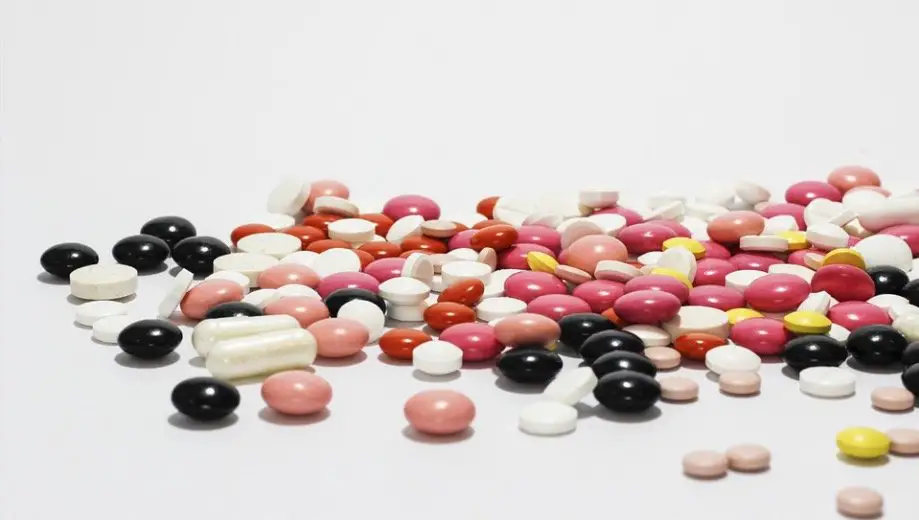
How to Treat Canker in Pigeon?
Specific medication that to administer to pigeons will be prescribed by a vet once he diagnosed the health issue. The best method is to give the medicine is by dissolving in water as it makes the birds to receive it easily.
The most effective medicine for treating pigeon canker is Ronidazole, which is commonly used in treatment. Other options are also available such as Metronidazole or Dimetridazole. These drugs have different degrees of toxicity, which is very important to know.
For example, if pigeons have developed the organ form of the disease, their liver will already be affected, so it is not safe to put even more pressure on liver health by giving them a potentially toxic medication.
Dimetridazole is considered riskier in this case, whereas Metronidazole and Ronidazole are the safer options. Oral canker tablets can also be prescribed by the vet if pigeons are lethargic to drink water in winters or it is not sure how much water the pigeon will drink so that medicine can work effectively.
On the other hand, if birds drink too much water and therefore, might ingest too much medication, which is another risk factor for them. So, it would be better to take each pigeon and give them pills individually.
It would make sure that every bird has received its medication properly. To make the treatment more effective, some manual cleaning operations had to be performed also.
For example, in some birds beaks and throats show secretion on surface, which have to be removed so that they can begin eating and drinking normally again.
Can Canker in Pigeons be Prevented?
• Hygiene and cleanliness can prevent Trichomoniasis in pigeons to some extent.
• However, the risk will continue to be prevalent if birds go outside and come in contact with other birds which may be carriers of the disease.
• Some pigeon breeders seldom add apple cider vinegar (3-5 ml/litre) to their birds’ drinking water as the protozoan cannot survive in an acidic environment. But it should be practiced once a week or fortnight as acidic water is not healthy for pigeons.
• If any of the clinical signs are seen in any of the birds, isolate them from the rest of the flock and get in touch with an experienced vet.
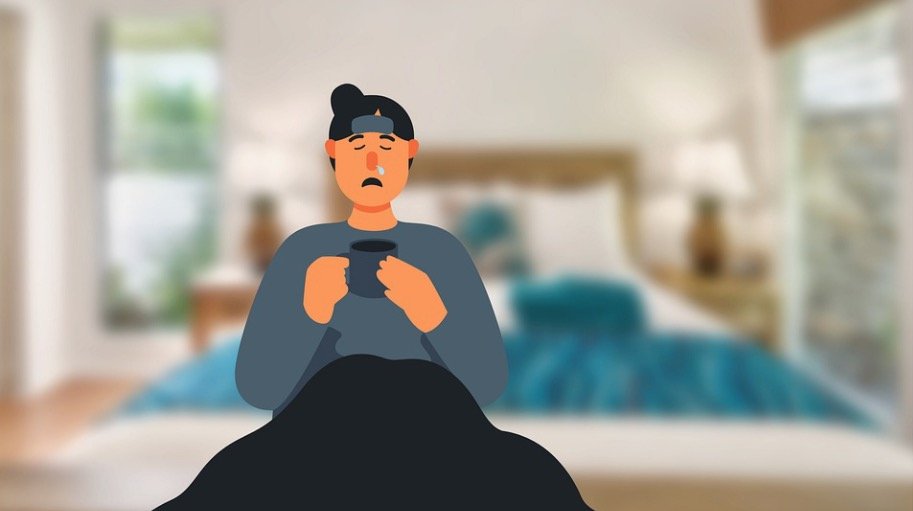
Can Humans Get Trichomoniasis from Birds?
Fortunately, there is no evidence that the disease is zoonotic. This pathogen does not pose any health risk to humans or any other mammals, as this avian parasite typically affects particular species.
But to be on the safer side of things, washing hands after handling pigeons or after cleaning their living enclosures is always a welcome step. Pigeons can transmit other zoonoses to people, so maintaining strict hygiene is the best weapon against catching any disease from your birds.

